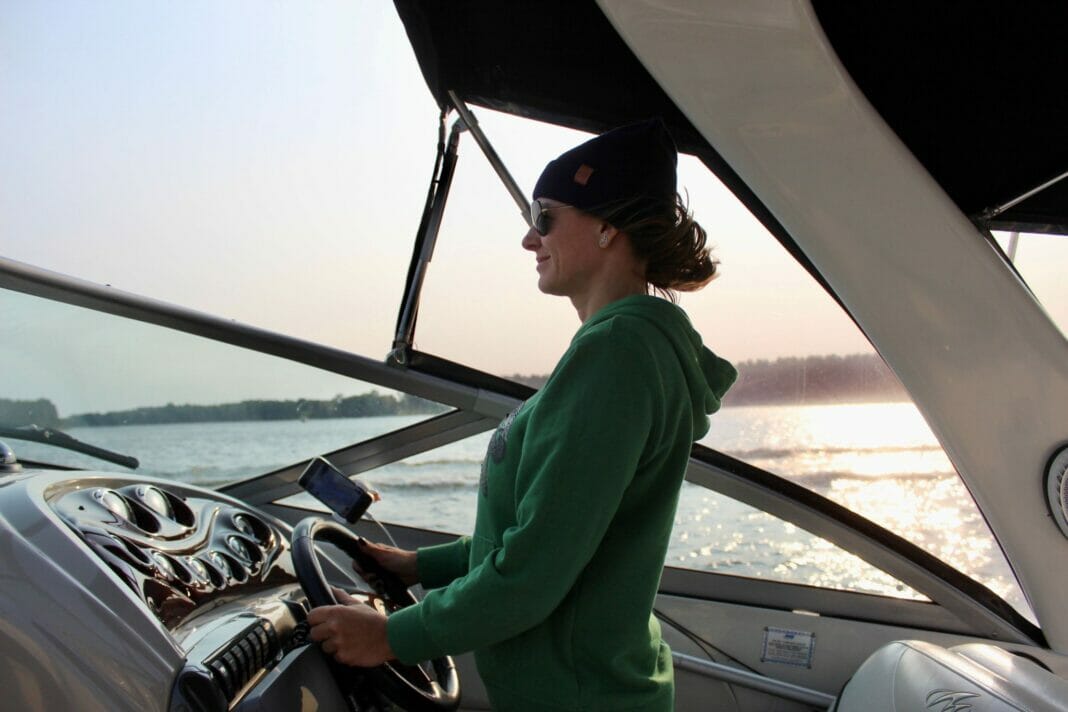Whether you’re a first-time boater or a seasoned sailor, boating is an exciting way to explore the world’s most beautiful waterways. However, as with any outdoor activity, boating comes with its own unique set of challenges and potential risks. This beginner’s guide to boating will provide essential safety tips needed to enjoy a life on the water safely and responsibly.
Know Your Boat
Before you embark on a boating adventure, it’s essential to become familiar with your boat, its operating systems, and how to handle it.
Boat Operation Basics
Learn the fundamentals of boating, including steering, throttle control, and docking, and practice these skills in controlled conditions before tackling open water. Take a boating course to ensure you understand all aspects of boat operation and navigation.
Boat Maintenance
Regular maintenance checks are vital to ensure your boat remains in good working order. Check engine oil, coolant levels, battery condition, fuel systems, and electrical components regularly, and address any issues that arise.
Boat Capacity and Distribution
Understand the capacity limitations of your boat, and ensure never to overload it. Distribute weight evenly to maintain stability and ensure your boat performs at its best.
Weather and Water Conditions
Before heading out on the water, it’s essential to check the local weather forecast, tide conditions, and any potential hazards. This can help you plan a safe and enjoyable trip.
Weather Awareness
Be aware of weather conditions and avoid boating when storms, high winds, or other adverse weather is expected. Conditions can change quickly, so keep an eye on the sky and listen to weather updates. In bad weather, it’s always best to be on the safe side and postpone your trip.
Know the Tides
Understanding the tides is an essential part of boating, as they can affect maneuverability, anchoring, and access to certain areas. Consult a tide chart and know the state of the tide throughout your trip.
Currents and Hazards
Water currents can pose a risk, particularly in harbors, rivers, and tidal areas. Be aware of potential underwater hazards, such as rocks, sandbars, and submerged debris. Stay up to date with any notices of local hazards from maritime authorities.
Safety Equipment and Procedures
Having the proper safety equipment onboard and knowing how to use it is crucial for a safe boating experience.
Lifejackets
Ensure an appropriate lifejacket is available for every person onboard your boat, and make sure they wear them at all times. Lifejackets should fit snugly on the wearer and should be in good condition.
Emergency Essentials
Equip your boat with essential emergency and safety gear, including a VHF radio, GPS navigation system, flares, flashlight, first aid kit, fire extinguisher, watertight container for sensitive items, and an anchor.
Develop a Float Plan
Before you begin your journey, create a detailed float plan, including your route, expected arrival times, and contact information for those onboard. Share this plan with a responsible friend or family member who is not on the boat, so they can notify authorities in the event of an emergency.
Communication
Know how to use a VHF radio to communicate with other vessels and shore stations, and regularly monitor Channel 16 for emergency alerts or weather updates.
Safe Boating Practices
Adopt safe boating practices to reduce the likelihood of accidents and minimize risks.
Alcohol and Boating
Do not mix alcohol and boating. Operating a boat under the influence of alcohol is illegal in many jurisdictions and increases the risk of accidents.
Be Respectful of Others
Pay attention to other vessels on the water and maintain a safe distance. Keep an eye out for swimmers or small watercraft, such as kayaks or paddleboards. Observe speed limits and no-wake zones to protect the shoreline and ensure the safety of others.
Stay Alert
Being on the water requires constant vigilance, so stay attentive and focused at all times. Keep a lookout for potential obstacles or hazards and monitor your surroundings, including other boats, navigational markers, and buoys.
Remember that boating safety begins with you. By taking these precautions and using your common sense, you can make sure your boating adventure is not only memorable but also safe for everyone involved. Enjoy the beauty and freedom of the open water, and stay safe out there!


